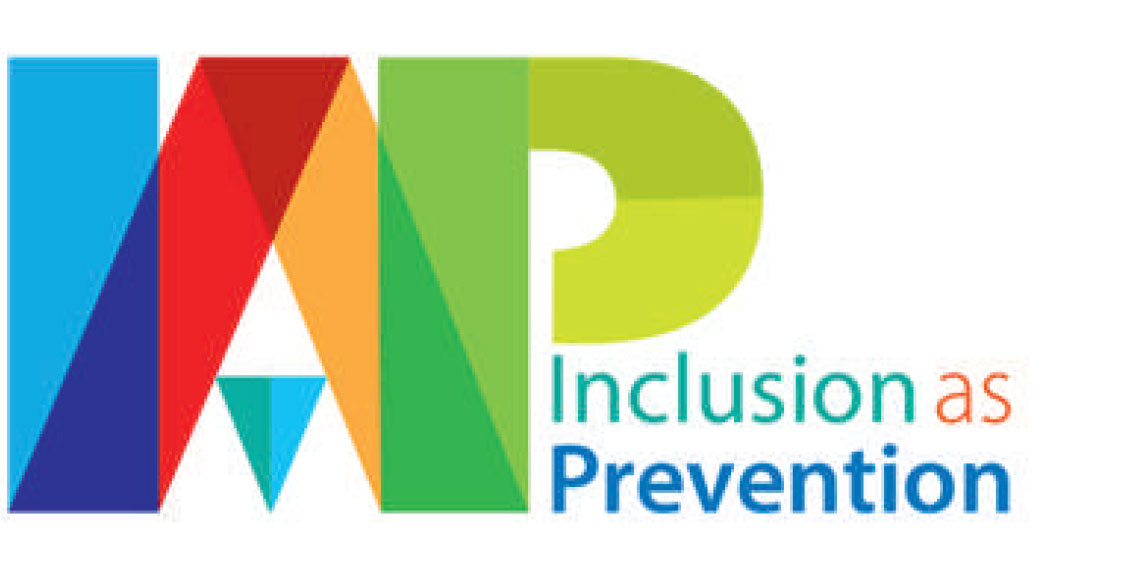Co-production – ‘all of the ladders, none of the snakes’
Inclusion as Prevention (IAP) has produced a new report about co-production, that is intended as a resource for those working with children and young people who are considering a co-production, participatory or collaborative methodology.
Co-production, Co-design, Participation – or something else? documents the South Lanarkshire’s project’s use of co-production to measure change, to enable and encourage reflection for its workers and partners.
IAP aims to bring together children and young people, families, communities and professionals to
co-produce and co-design change, in order to reduce the chances of young people having police contact or other negative outcomes in the future.
The project’s overarching principle is ‘to explore what happens when we focus the system on including people and helping them to do something rather than preventing something’. Young people participate in working groups, where they use improvement methodology as a structure to test out changes they have identified as important to them, and other young people.
This report is based on work undertaken during the first three years of IAP’s five-year span. It explores to what extent this could be described as co-production, collaboration or participation, focusing on the various tests of change that IAP has completed, is currently working on, or that remain in the planning stages.
“IAP has given us opportunities we wouldn’t have had with any other groups”
This is supplemented by the reflections of young people who work with IAP across different tests of change, when they were asked to consider how they felt about co-production and their work in IAP. They were keen that their comments and descriptions of what makes good co-production be available as a one-page visualisation that provides a summary for all, with those wanting to find out more having the option to read the full report.
The report features ideas and visual devices that can help young people and workers to
co-produce together. This includes the IAP’s Ladders without the Snakes game, which was created by IAP’s evaluator, and reference to the principles of co-production, Hart’s Ladder of Children’s Participation and the Lundy model of child participation. It also explains the important role that access, location and relationships play in co-productive processes, as well as advice on ensuring the balance between fun and work is observed, and rights are upheld.
If you would like to discuss co-production with the IAP team, please email kristina.moodie@strath.ac.uk.
